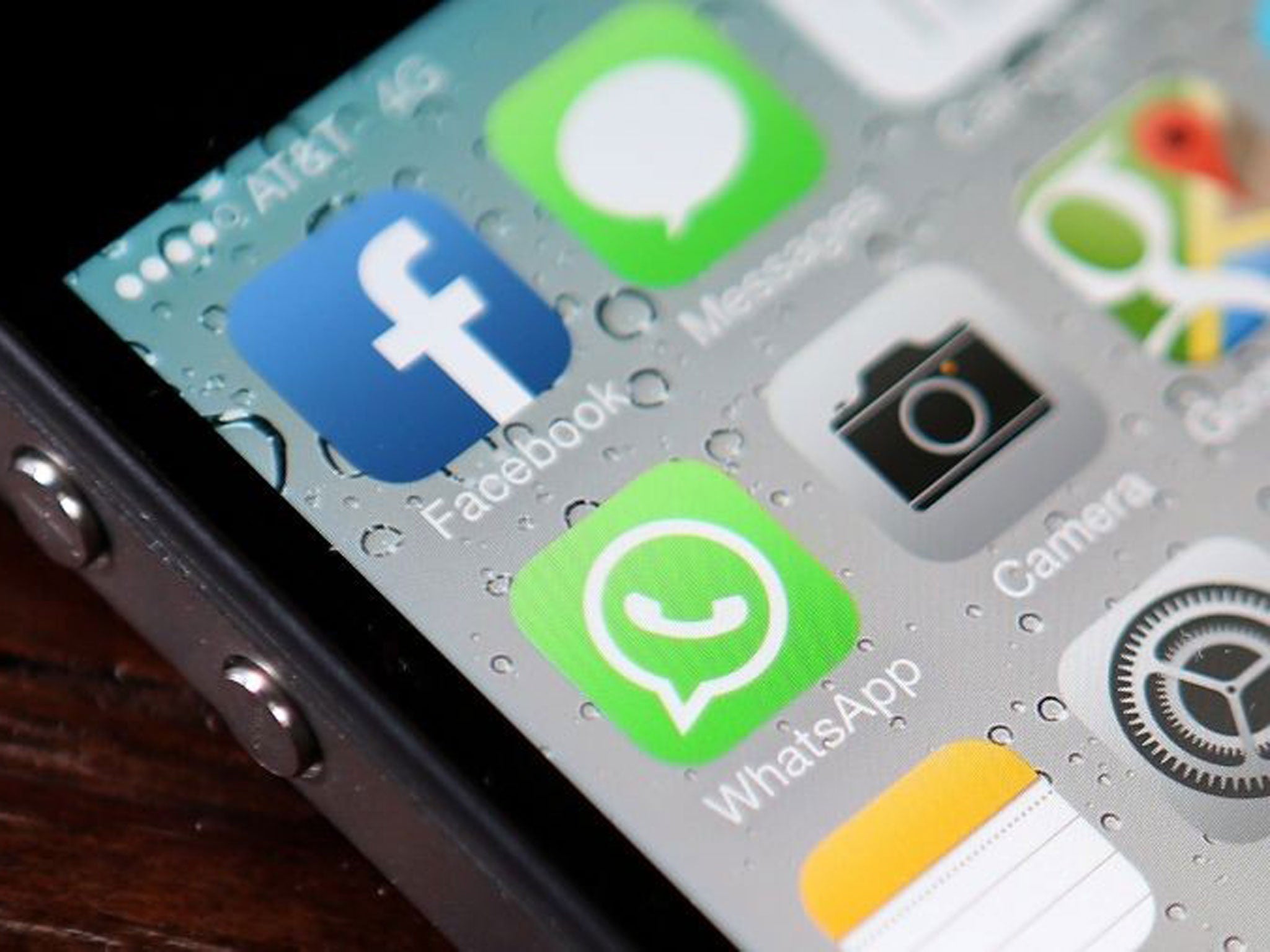WhatsApp addresses privacy concerns after Facebook buy, adds new privacy settings
Co-founder Jan Koum: 'Our principles will not change. Everything that has made WhatsApp the leader in personal messaging will still be in place'

When Facebook announced that they had bought mobile messaging app WhatsApp for $16 billion a common concern among users was that their personal data was about to be shared to advertisers.
Now, WhatsApp co-founder Jan Koum has published a blog post in order to “set the record straight” and address the “inaccurate and careless information circulating about what our future partnership would mean for WhatsApp users’ data and privacy”.
Koum stresses that the partnership with Facebook will allow WhatsApp to “continue operating independently and autonomously” and that the company would not have chosen to hitch its 465 million users to Facebook’s wagon if they had had to change their principles.
“Respect for your privacy is coded into our DNA,” writes Koum, “and we built WhatsApp around the goal of knowing as little about you as possible: You don’t have to give us your name and we don’t ask for your email address. We don’t know your birthday. We don’t know your home address. We don’t know where you work. We don’t know your likes, what you search for on the internet or collect your GPS location. None of that data has ever been collected and stored by WhatsApp, and we really have no plans to change that.”
To back up Joum’s statements the app has also added a new privacy menu (accessible under Settings > Account > Privacy) that gives users the option to make bits of info (including their profile picture and the last time they used the app) visible to either “everyone”, “just my contacts”, or “nobody”. The new settings also give users the option to back up their chats in the cloud. Previously this was turned off by default.
All this makes sense for Facebook. WhatsApp’s popularity has been fuelled in no small part by its unobtrusive presence in its users’ lives. Signing up and chatting with your friends is a simple process on the app, and some users even find the subscription cost ($1 a year after the first year) a comforting reminder that the company is getting money from something other than their personal data.
Speaking after the acquisition was announced, Facebook’s Mark Zuckerberg said that the focus for WhatsApp is “on growing and connecting everyone in the world” and that he didn’t think that ads were “the right way of monetized messaging services”. There’s no guarantee that WhatsApp will always be so intrusive but for the foreseeable future – and up until the company hits one billion accounts – it looks like users can breathe easy.
Join our commenting forum
Join thought-provoking conversations, follow other Independent readers and see their replies
14Comments